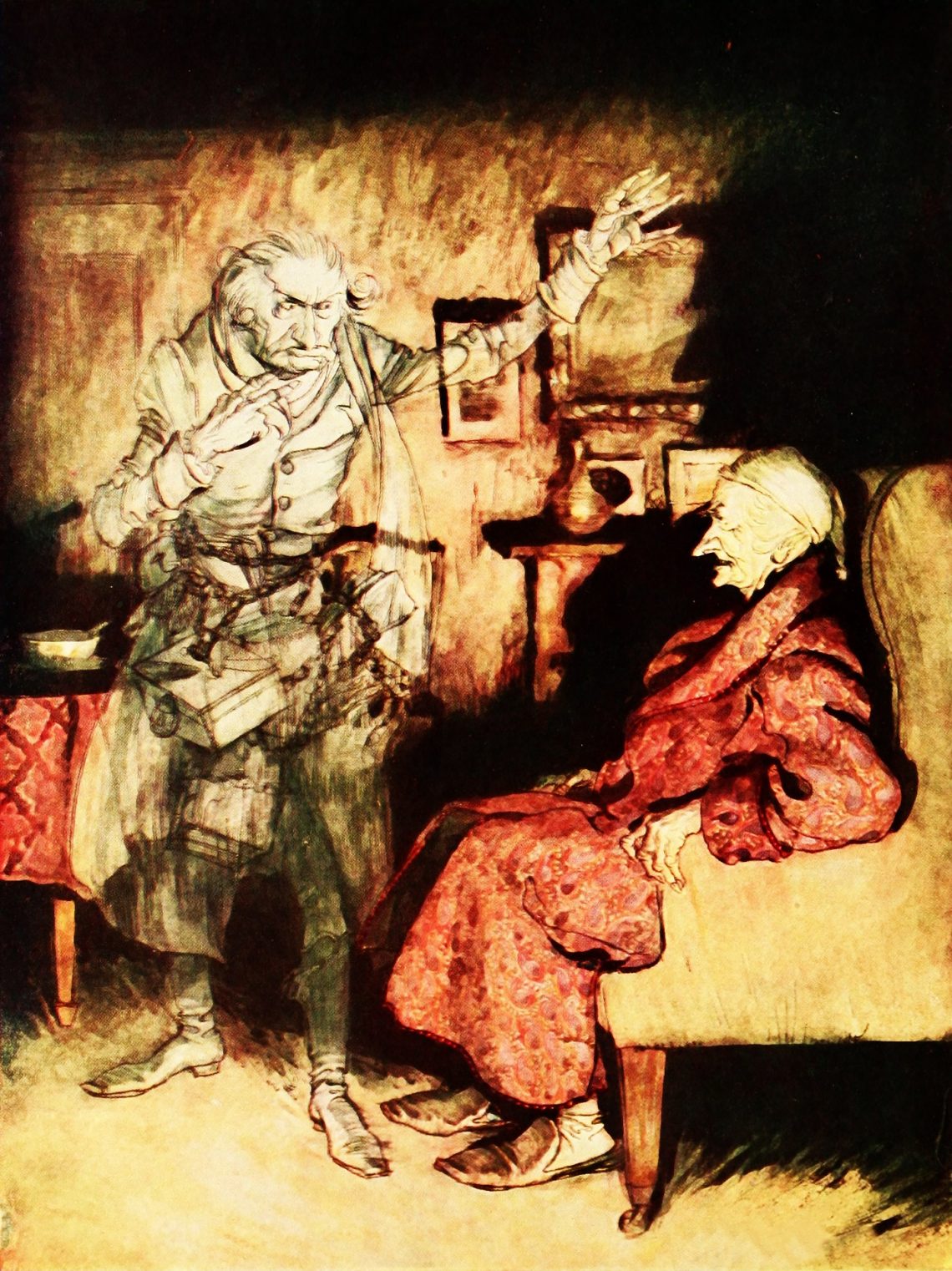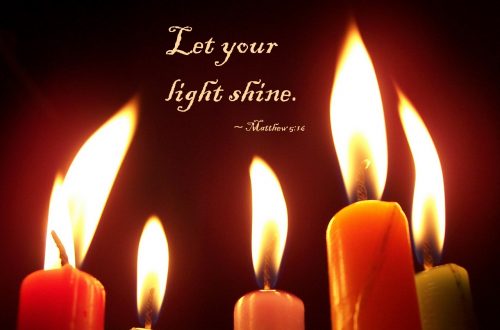
Reducing Consciousness 1
In the classic Dickens story, A Christmas Carol, Ebenezer Scrooge sees a ghost. Skeptic that he is, he does not believe what he sees. When the ghost asks him why he doubts his senses, he replies:
“Because, a little thing affects them. A slight disorder of the stomach makes them cheats. You may be an undigested bit of beef, a blot of mustard, a crumb of cheese, a fragment of an underdone potato. There’s more of gravy than of grave about you, whatever you are!”
Scrooge was making a valid point. Our thoughts and perceptions can be influenced by what we ingest. That is why we have laws about driving while intoxicated. When we are cold sober, however, it is usually safe to assume that our thoughts and perceptions are our own. And so we do.
The adoption of a materialistic point of view questions this assumption. If all we are is what can be seen, touched or measured, then what we commonly experience as our own thoughts and perceptions is nothing more than “an undigested bit of beef.” To the true empiricist, everything that we know as our consciousness, our minds, our souls, and our personalities can be reduced to random chemical reactions and electrical impulses. Trying to define the mind is pretty much impossible within the empiricist framework. There is no such thing as free will or self determination. Life just happens.
Call me pretentious, but I can’t resist the compulsion to see human consciousness as more than just a cosmic accident. Call me greedy, but I prefer to take ownership of my thoughts and refuse to attribute them to a blob of grey jelly inside my skull that is at the mercy of what I eat and drink.
I love my brain, but it is not all that makes up my spirit. I am thankful for my heart that beats so strongly and makes possible the vast conduit of health throughout my body that is my circulatory system, but it is not all there is of my soul. Much of what we are is not accessible to our senses and never will be.
Socrates believed that “reality becomes clear to the soul” not by the observation of the senses, but by reasoning, which must be brought into play in order to correctly grasp the truth. There is much to be said for human reasoning. But philosophers have spent millennia trying to define exactly what we are as human beings in this world. Existence itself remains indefinable by human rationality alone. There isn’t much that we can be sure of, if all we have to rely on is our own limited understanding.
There seems to be nothing left for us but revelation. Some people believe that this has happened, that we are not left alone in our frustrated quest to make sense of this life, that God has revealed himself in Jesus Christ. Within this framework, human consciousness is much more than “a fragment of an underdone potato.”
*Vintage Scrooge illustration by Arthur Rackham via Pixabay
Disclaimer: Please note that I might earn commissions from products sold or ads displayed on this site.
Build your online business with HomeFreeMedia:






One Comment
Pingback: